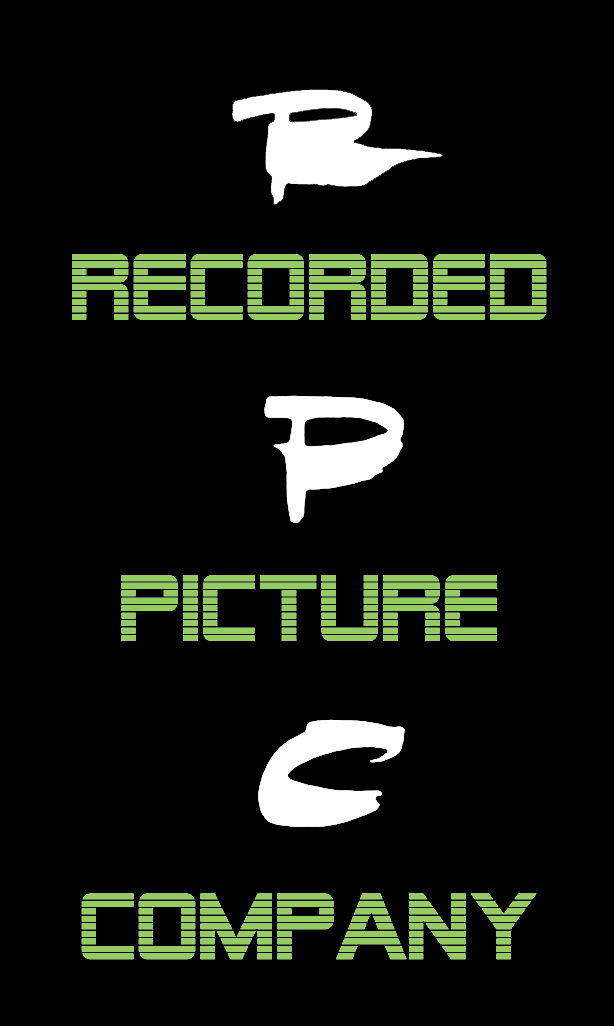CANNES 2021 Mark Cousins • Réalisateur de The Storms of Jeremy Thomas - Cineurope
(© Mark Cousins)
Dedicated to the producer behind The Last Emperor and Crash, Mark Cousins’ gentle Cannes Classics documentary The Storms of Jeremy Thomas turns into a road movie as they both embark on a five-day journey leading to Cannes.
Cineuropa: Most stories about producers, like The Bad and the Beautiful, tend to be quite tragic, whereas this one is very warm.
Mark Cousins: Before I met Jeremy Thomas, I had this image of who a producer is – someone who has a big ego, narcissistic. I expected a Cosimo de' Medici-like figure. When you look at his films, they are about the darker side of human nature. But actually, he is a very gentle, boyish man – the more you know him, the more you get a sense of his nurturing quality. That’s why he is so admired in the film industry. The cliché is, as you say, this aggressive, money-grabbing producer. It’s nice to challenge that stereotype by making something not about money or business, or contracts, but about ideas. His ideas.
It almost feels like he is one of those people you don’t really see around any more. Is that why you refer to him as a “prince”?
He is a mythic figure. What he is saying in film is that we all want to live a good life, but in our imagination, there is something dark and extreme. If you take Angela Carter, a hero of mine, this is her big subject: the fairy tale as the big, bad wolf. I say at the beginning that once upon a time, there was a prince. And then we end up in the forest.
It’s hard to imagine making films like that, in that way, today. The industry has shifted in the direction of corporations, but Jeremy didn’t shift with it. He stayed still. That’s why I use the word “sentinel” here, to talk about this idea of being a kind of a lighthouse, someone who stands up for punky counterculture. Of course, there are loads of great films being made all over the world, but to have a figure like Jeremy is pretty rare.
Quentin Tarantino was on the Marc Maron podcast recently, and he mentioned that 2019 was the last year of movies as we know it.
Tarantino is looking in the wrong places. Now, cinema is being made by a wider range of people, from a wider range of countries. So Tarantino is quite wrong. There is a danger about nostalgia and thinking that the past is behind us, when in fact cinema is really, really young. It’s only 120 years old – it’s still in its childhood, compared to other art forms. It’s precocious, figuring out what it can do – just like a child. It’s hungry – just like a child.
Films by Mati Diop or Kira Muratova, whom I have been going on and on about, are still not seen by many people. I would say to Tarantino: “How many Kira Muratova films have you seen?” People who say that cinema is over, or that it’s going to be all about streaming now, are under-imaging it.
Sometimes, when you ask people questions, it seems like you are looking for the same answers yourself. Like when you say: “Do you think that you love cinema too much?”
This is a film about two freaks [laughs]. Jeremy has a freakishly intense love for cinema, and so do I. Tilda Swinton talks about it as well – we are all aliens from the planet Cinema. For me, cinema has been a passion, but it’s also related to questions about mental health. When you are a nervous person, like me, cinema eases you. When you are an adventurous person, like me, cinema takes you places. If affords so much.
Jeremy has made so many films, and one expects the anecdotes to start pouring out. But instead, you show him driving, for example. And smiling.
Anecdotes are entertaining, and sometimes revealing, but they are also told quite a lot. Decades ago, I used to interview people on TV, great people like Lauren Bacall and Jack Lemmon, and they would tell me these anecdotes they had already told before. I wanted to get beyond that a bit. I wanted to rummage around in the big themes in life: sex, politics and death. That’s why there aren’t many interviews in the film. I wanted to stay closer to his own thought process.
The thing about cars is that you are both looking forward – it’s like listening to somebody on the radio; they just happen to be next to you. That kind of intimacy, or discipline, is something I really like. I had heard that Jeremy used to do this pilgrimage to Cannes every year. I love pilgrimages; I was brought up Catholic, and Tilda Swinton and I did this thing in Scotland called A Pilgrimage, when we pulled a cinema from the west coast of Scotland to the east. There is this unravelling of self that happens in road movies. The further you go, the more you open up. I have this tattoo here, which says: “The Oar and the Winnowing Fan.” It’s from Homer. Ulysses has been on the sea, using an oar to move his boat, and then he meets a wise man – just like Jeremy Thomas. He says: “Where should I go?” And the old man says: “Take the oar and walk inland until you arrive at a place where people mistake it for a winnowing fan. There you should live your life.” The message is: live in an in-between place. I love that. This drive was an in-between place for us.
06/07/2021
Marta Bałaga
https://cineuropa.org/fr/interview/406915/

